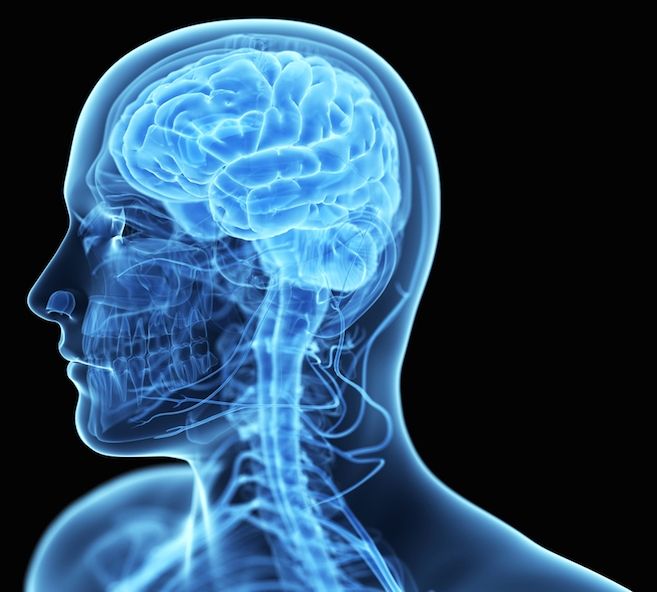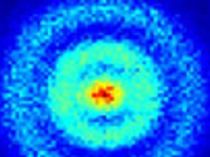Feb 11, 2016
Researchers Achieve Fastest Ever Data Transmission at Blistering 1.125 Tbps
Posted by Shailesh Prasad in categories: entertainment, internet
A team of researchers has achieved the fastest ever transmission rate for digital information between a single transmitter and receiver, sending data optically at a frankly ridiculous 1.125 terabits per second.
The result, achieved by scientists at University College London, uses a series of signal processing techniques to achieve the speed. But first, the lead researcher, Dr Robert Maher, puts the rate into context in a press release:
For comparison this is almost 50,000 times greater than the average speed of a UK broadband connection of 24 megabits per second… To give an example, the data rate we have achieved would allow the entire HD Game of Thrones series to be downloaded within one second.



















